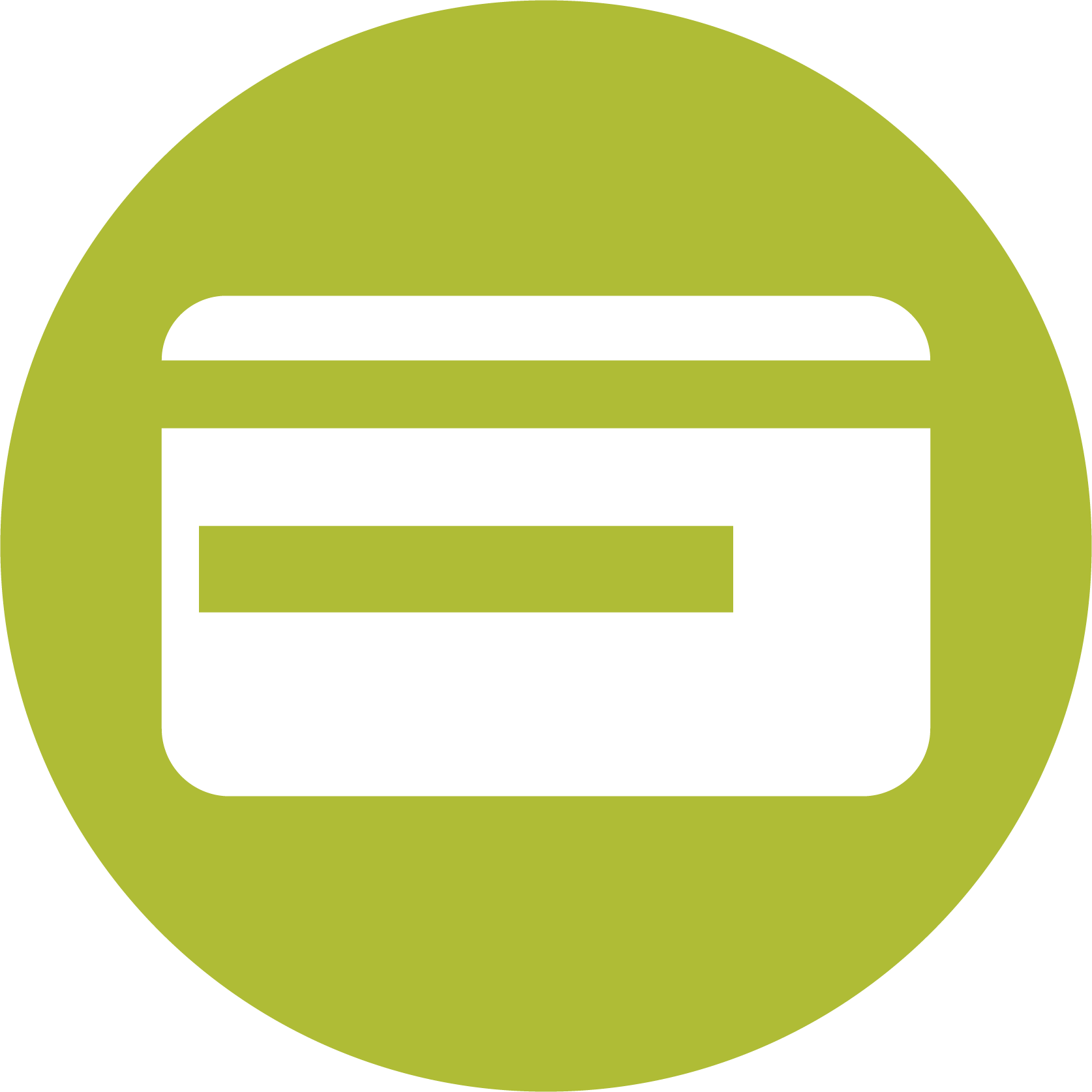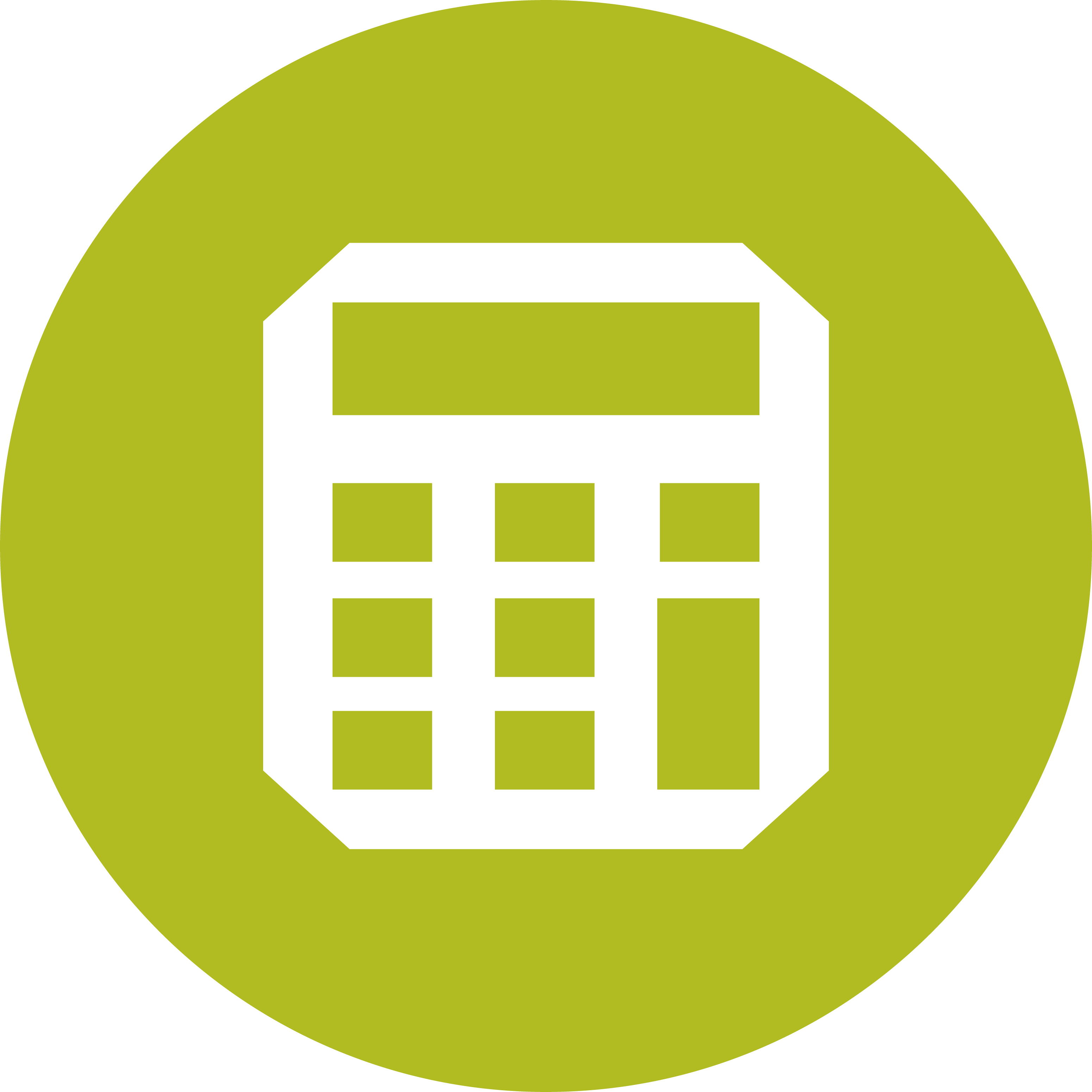How to Boost Your Credit Score

An excellent credit score is the ultimate goal of the financially responsible consumer. Those three magic digits tell a story of accountability, good financial sense, and the ability to spend mindfully. A great credit score also unlocks doors for large, affordable loans, employment opportunities, and more.
Its significance notwithstanding, achieving and maintaining an excellent credit score is easier said than done. There is no quick and easy way to dramatically boost your score over a short amount of time, but you can take steps to increase your credit score gradually. Below, we’ve listed six ways you can start amping up your credit score today.
6 ways to boost your score
1. Pay your bills on time
Your payment history is the single most important factor in determining your score. A missed credit card payment can significantly impact your score and it can take months to recover the loss. Set a reminder a few days before your bill is due to ensure you never miss a payment.
2. Reduce your credit utilization ratio
Another crucial factor in your score, your credit utilization ratio refers to the amount of available credit you use. It’s best to keep your utilization under 30%, or even 10% if you can swing it. This means, if you have $50,000 of available credit, try to keep your usage below $15,000 at most and, ideally, below $5,000.
It can also be a good idea to accept offers of increased credit or to request an increase on your own, which can instantly bring down your credit utilization ratio. However, only go this route if you know you are not at risk of overspending as soon as you have more credit at your disposal.
3. Use your cards
Taking a pair of scissors to credit cards can seem like the perfect way to increase your credit score, but you need to use your cards to keep your score high. A great way to make sure you use your cards on occasion but don’t overspend is to charge fixed expenses, like monthly subscriptions, to your card. Just be sure to pay the balance in full before the credit card bill is due.
4. Work to pay down outstanding debt
If any of your cards are carrying a balance from month to month, showing that you are working to get rid of this debt can do wonders for your credit score. Maximize your monthly payment by trimming an expense category in your budget and channeling that extra money toward your credit card bill. Don’t be afraid to reach out to your credit card company to ask for a lower interest rate as you work to pay off debt. Finally, consider consolidating credit card debt with a personal loan or home equity loan from Kellogg Community Credit Union, which will help you get rid of your credit card debts and leave you with one low-interest payment to make each month.
5. Look for errors on your bill and credit history
A fraudulent charge on your credit card can bring down your score without your knowledge. That’s why it’s important to check your statements each month and to look for charges you don’t remember making. If you see anything suspicious, contact the credit card issuer immediately to dispute the charge. It’s also a good idea to get your free credit report once a year from annualcreditreport.com for a more comprehensive look at your credit usage and signs of possible fraud.
6. Become an authorized user on another cardholder’s account
If you’re new to the world of credit, and you’re looking to thicken your credit file to build your score, becoming an authorized user on another cardholder’s account can be a great way to get results quickly. Team up with someone who has excellent credit and never misses a payment. Your partner’s responsibility will reflect well on you and help build your credit history and boost your score.
« Return to "Blog"

 open
open apply
apply submit
submit calculate
calculate